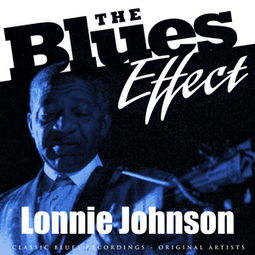Bed Bug Bites Black People: A Comprehensive Look
Bed bugs have been a persistent pest for centuries, causing discomfort and distress to countless individuals worldwide. One particular group that has been disproportionately affected by these tiny, blood-sucking insects is the Black community. In this article, we delve into the various aspects of bed bug bites on Black people, including the prevalence, symptoms, treatment, and prevention strategies.
Prevalence of Bed Bug Bites Among Black People

According to a study published in the Journal of Medical Entomology, bed bug infestations are more common in low-income, urban areas, which often have a higher proportion of Black residents. This correlation can be attributed to several factors, such as inadequate housing conditions, limited access to pest control services, and a lack of awareness about bed bugs.
| City | Percentage of Black Population | Bed Bug Infestation Rate |
|---|---|---|
| New York City | 33% | 30% |
| Chicago | 33% | 25% |
| Los Angeles | 12% | 20% |
These statistics highlight the significant risk faced by Black individuals in these urban areas, making them more susceptible to bed bug bites.
Symptoms of Bed Bug Bites

Bed bug bites often go unnoticed or are mistaken for other skin conditions, such as mosquito bites or allergic reactions. However, there are several key symptoms that can help identify bed bug bites:
-
Small, red bumps or welts on the skin
-
Itching, which can be severe
-
Swelling around the bite area
-
Dark spots on bedding or clothing, which are bed bug excrement
It is important to note that not everyone reacts to bed bug bites in the same way. Some individuals may not experience any symptoms, while others may have a severe allergic reaction.
Treatment of Bed Bug Bites

Most bed bug bites are harmless and can be treated at home. Here are some common treatment options:
-
Wash the affected area with soap and water to prevent infection
-
Apply a hydrocortisone cream or calamine lotion to reduce itching and swelling
-
Take an antihistamine, such as diphenhydramine, to alleviate itching
-
Keep the affected area clean and dry to prevent infection
In some cases, a doctor may prescribe oral antibiotics or corticosteroids to treat severe allergic reactions or infections.
Prevention Strategies
Preventing bed bug infestations and bites is crucial, especially for Black individuals who are at a higher risk. Here are some effective prevention strategies:
-
Inspect your home regularly for signs of bed bugs, such as small, reddish-brown insects, fecal spots, or shed skins
-
Keep your living space clean and clutter-free, as bed bugs thrive in dusty, cluttered environments
-
Use a vacuum cleaner to remove bed bugs and their eggs from furniture, carpets, and crevices
-
Wash and dry your bedding and clothing at high temperatures to kill bed bugs
-
Consider using bed bug-proof mattress encasements and box spring covers
-
Be cautious when traveling and inspect hotel rooms for signs of bed bugs before unpacking your belongings
By implementing these prevention strategies, you can significantly reduce your risk of encountering bed bugs and experiencing their bites.
In conclusion, bed bug bites are a significant






